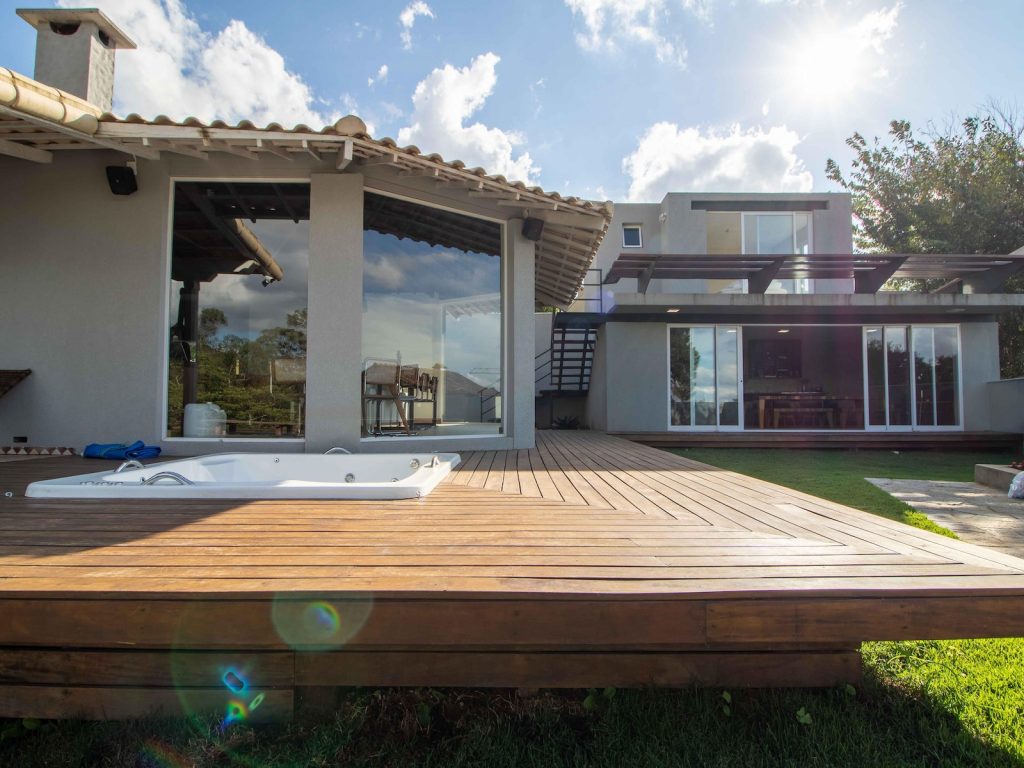The Coronavirus: What Financial Moves You Should Make Now
You might be wondering how you’ll be able to survive the current economic downturn, and it could cause you make a decision based on emotions (which are no doubt running high). There is a way out of this situation, but it requires a strategy.




